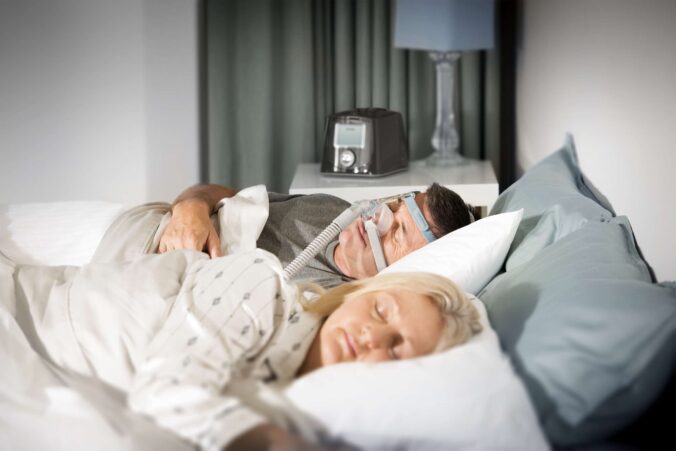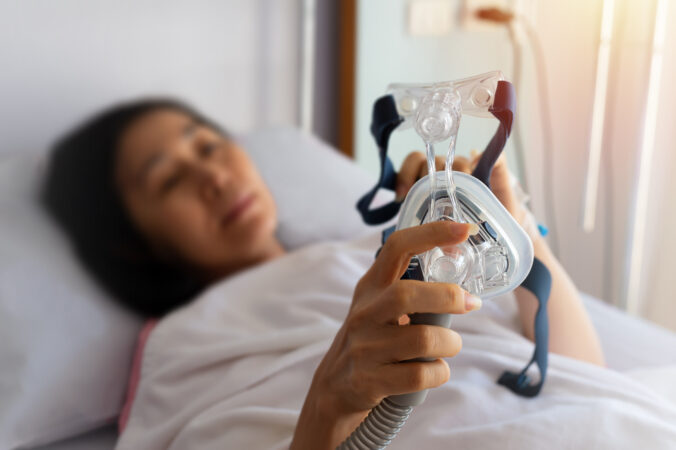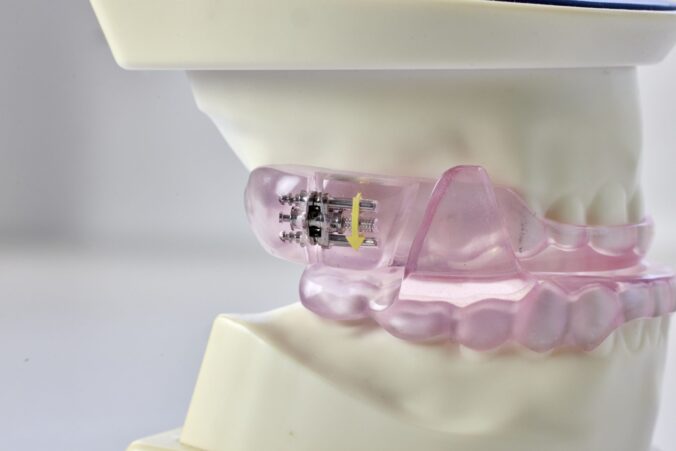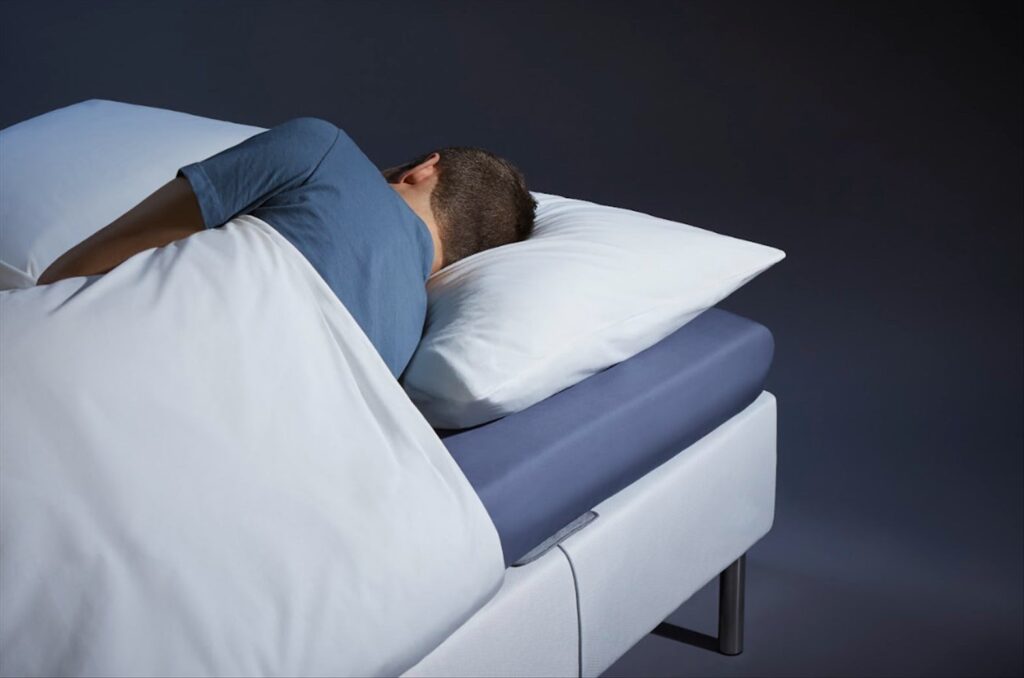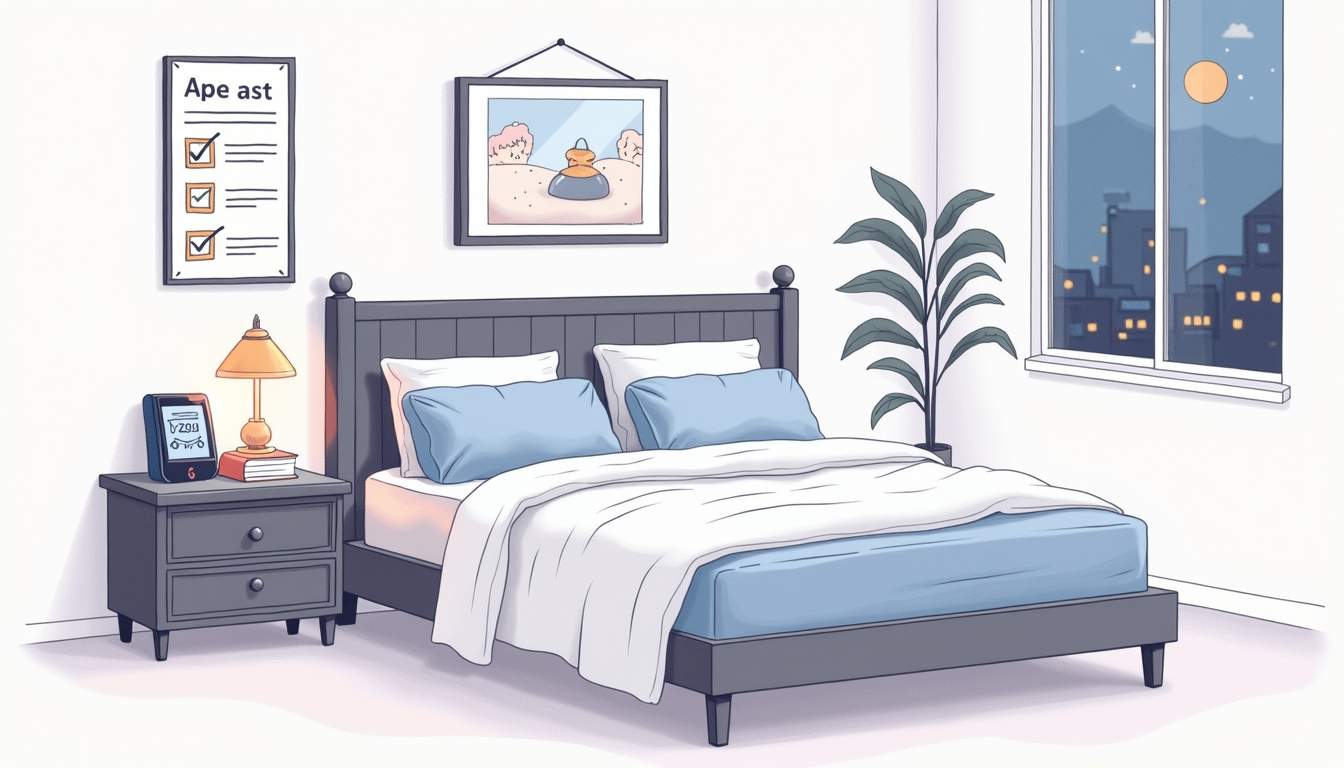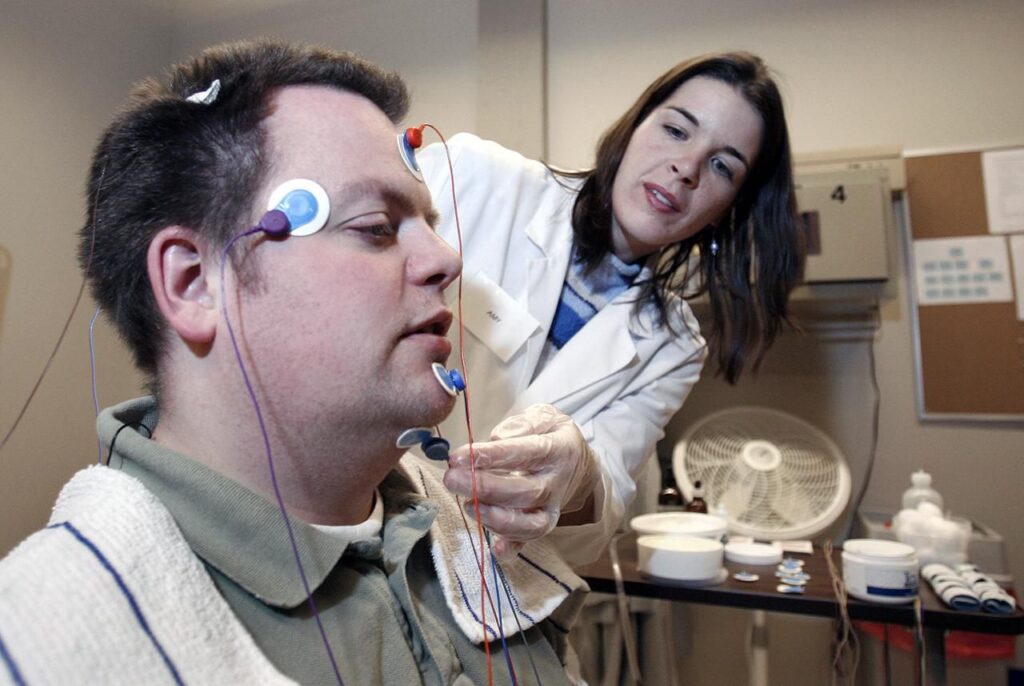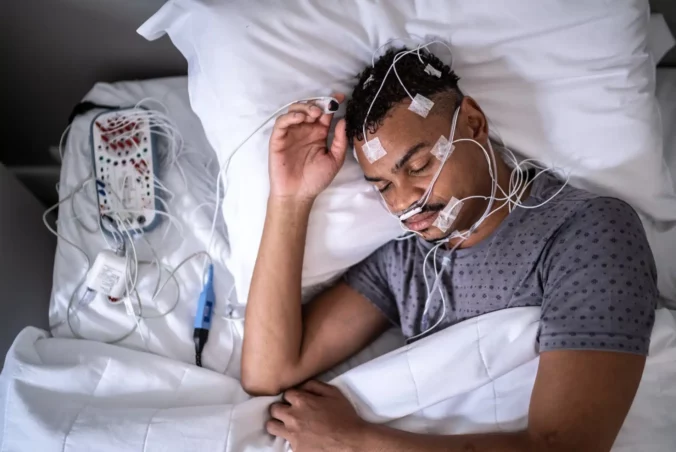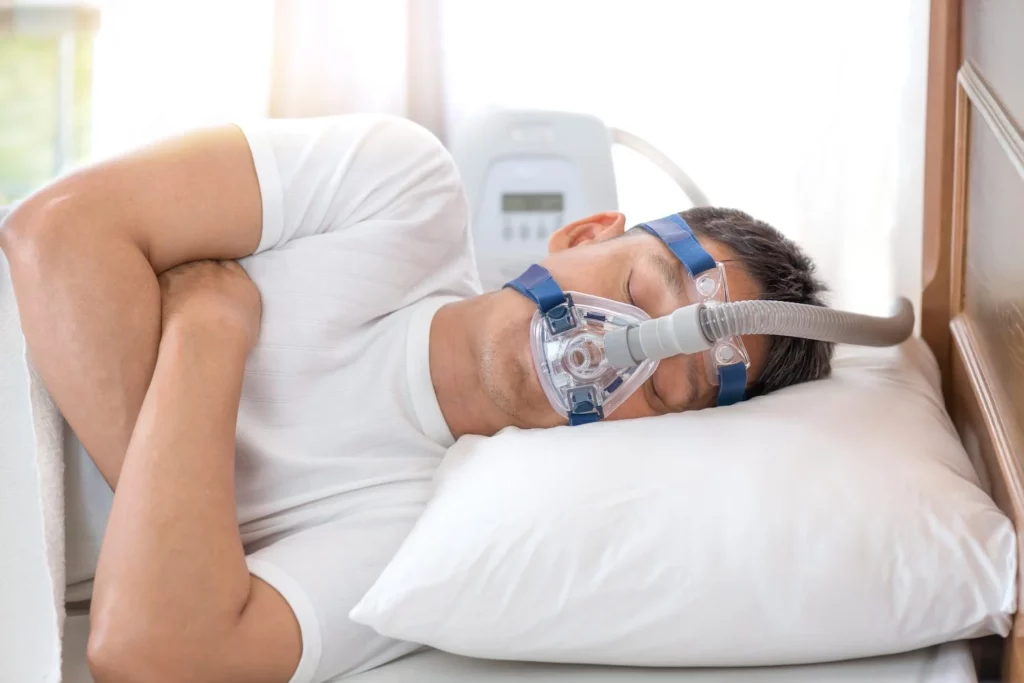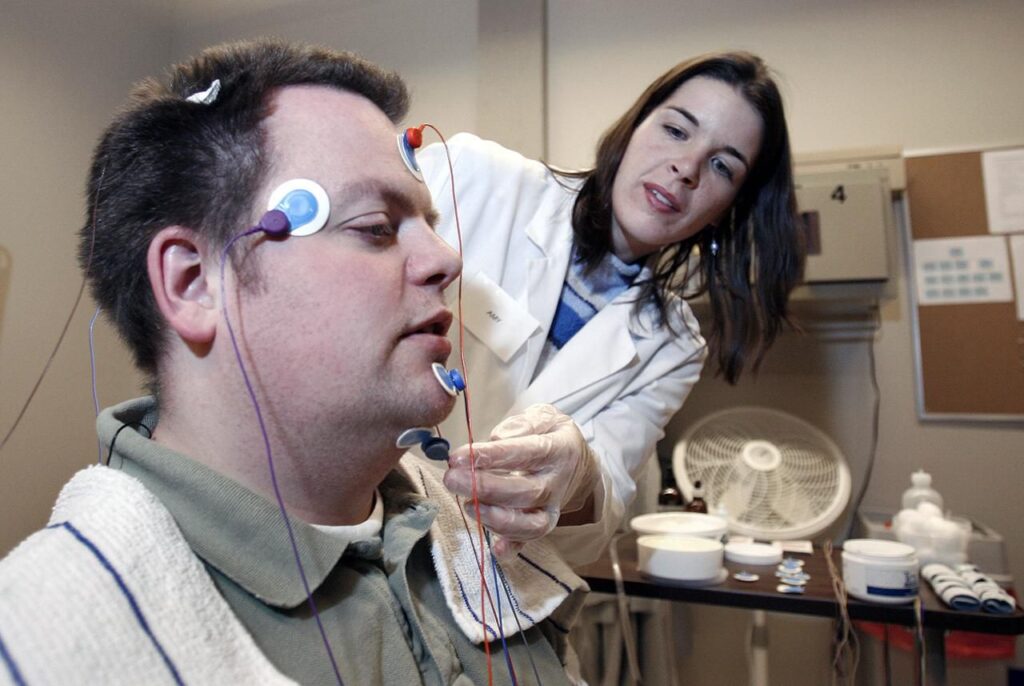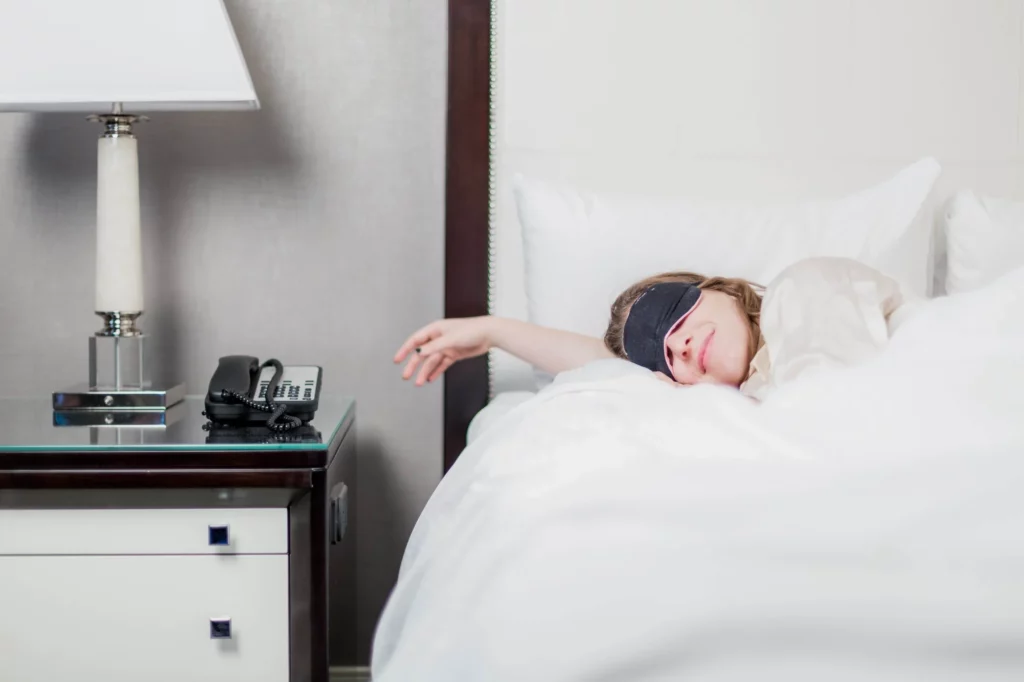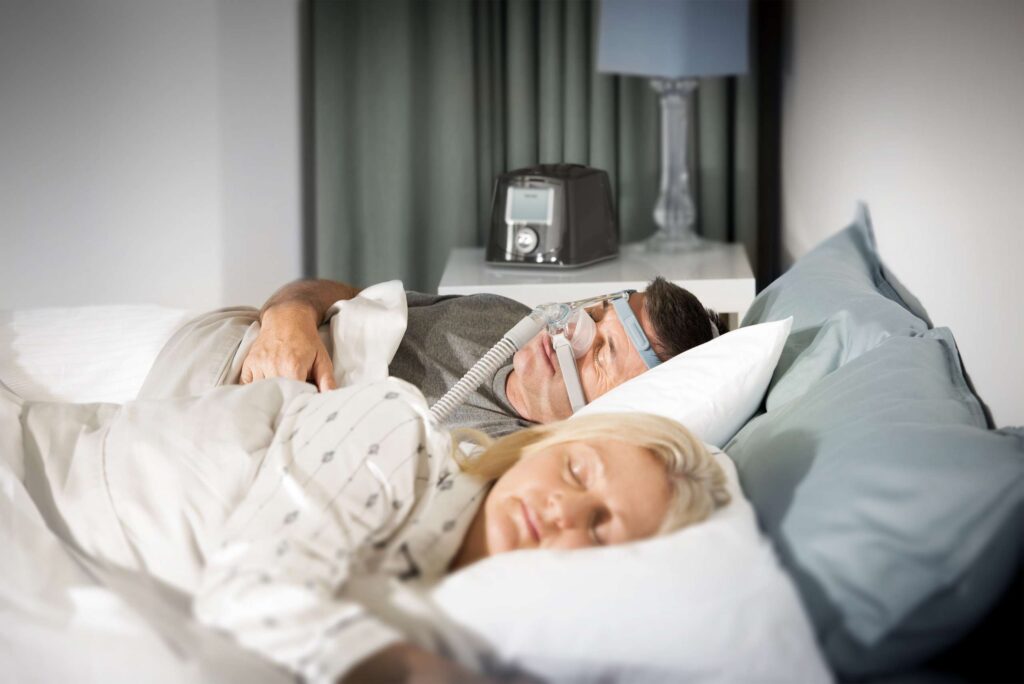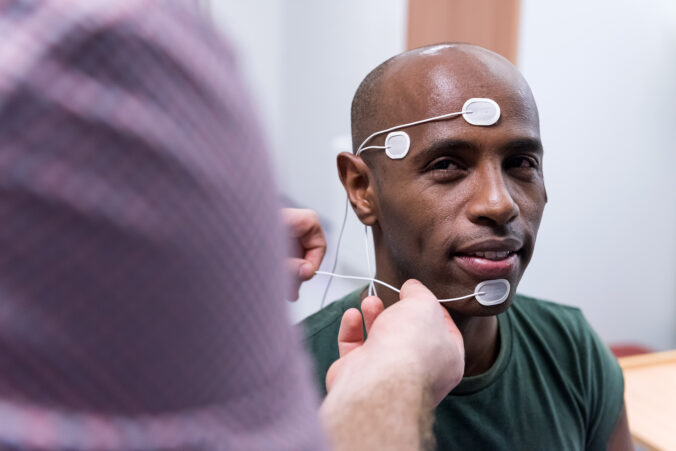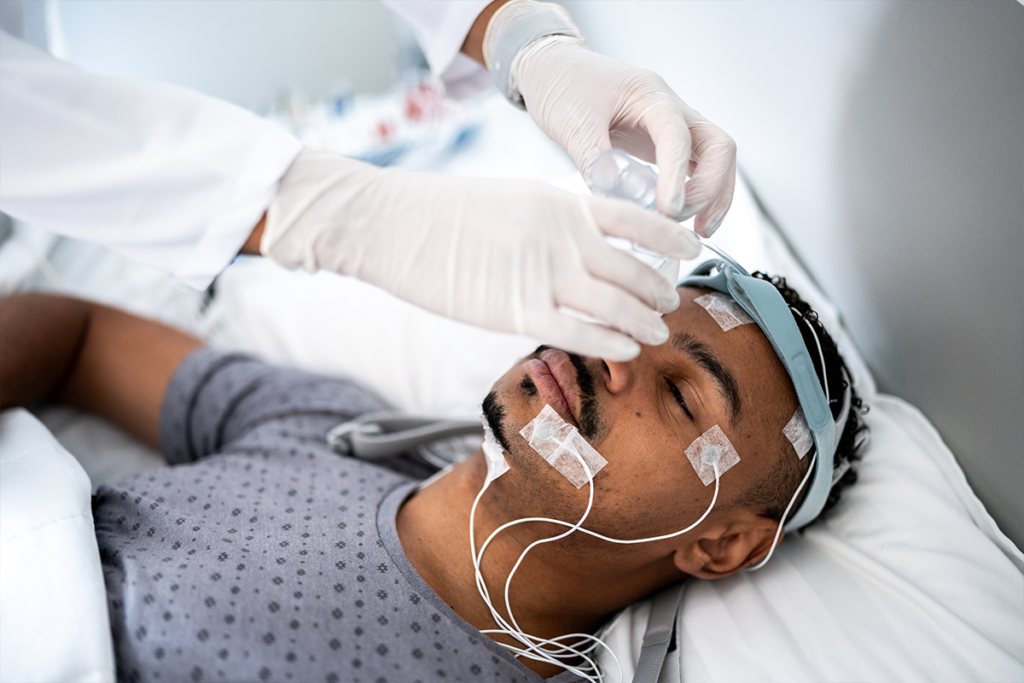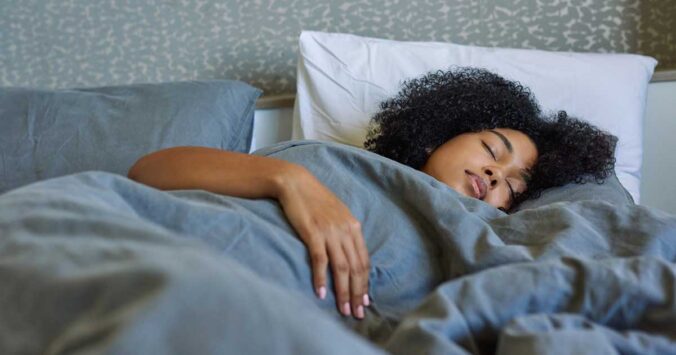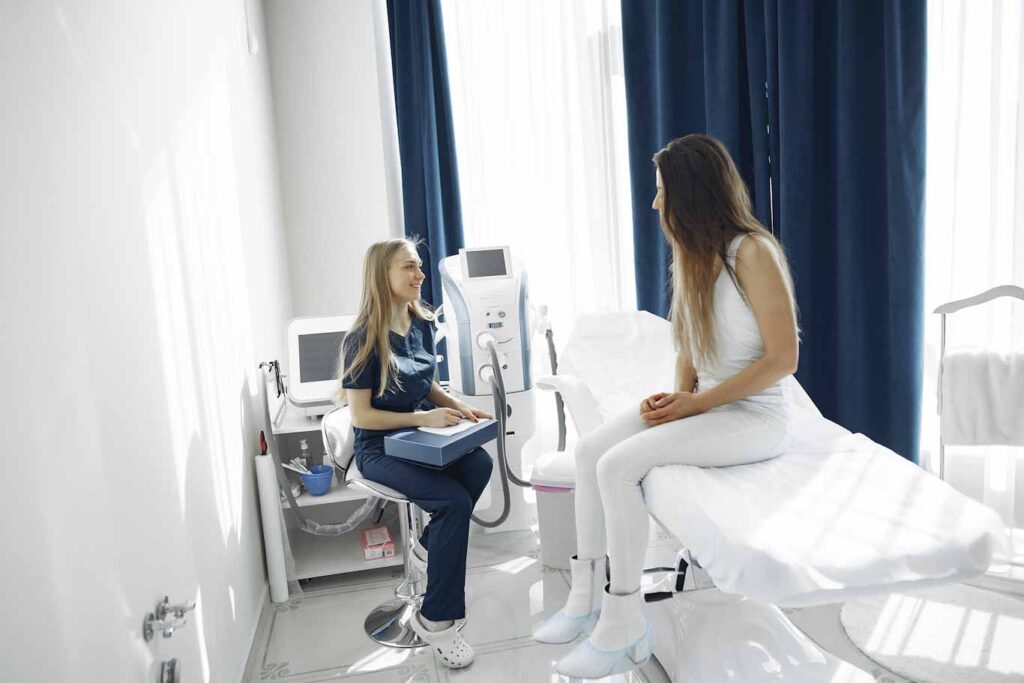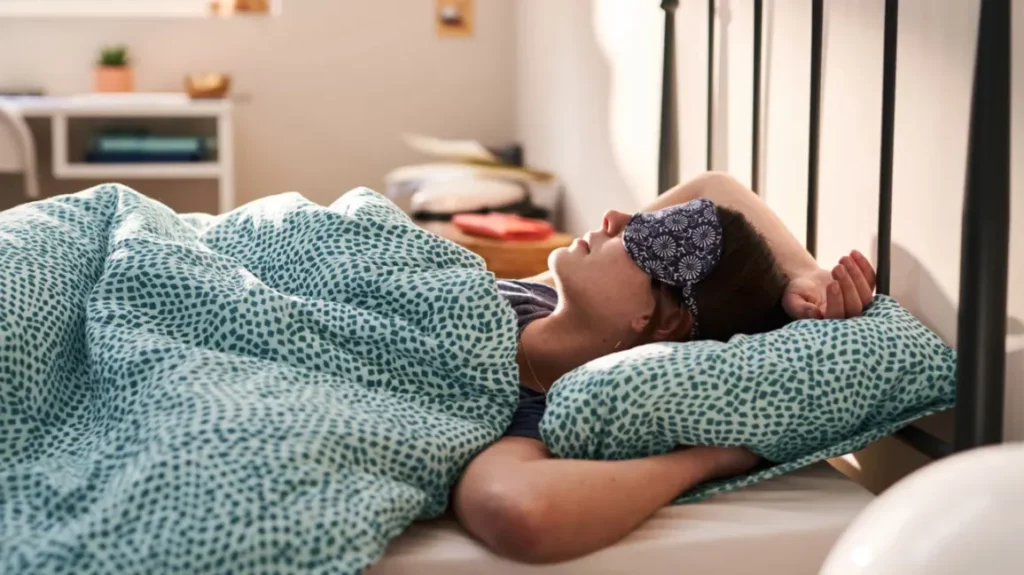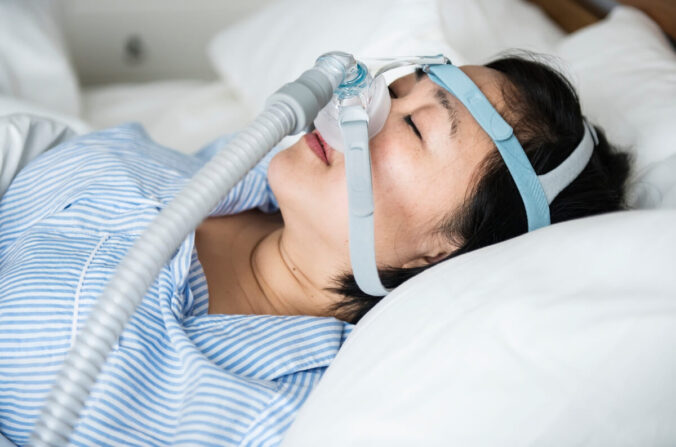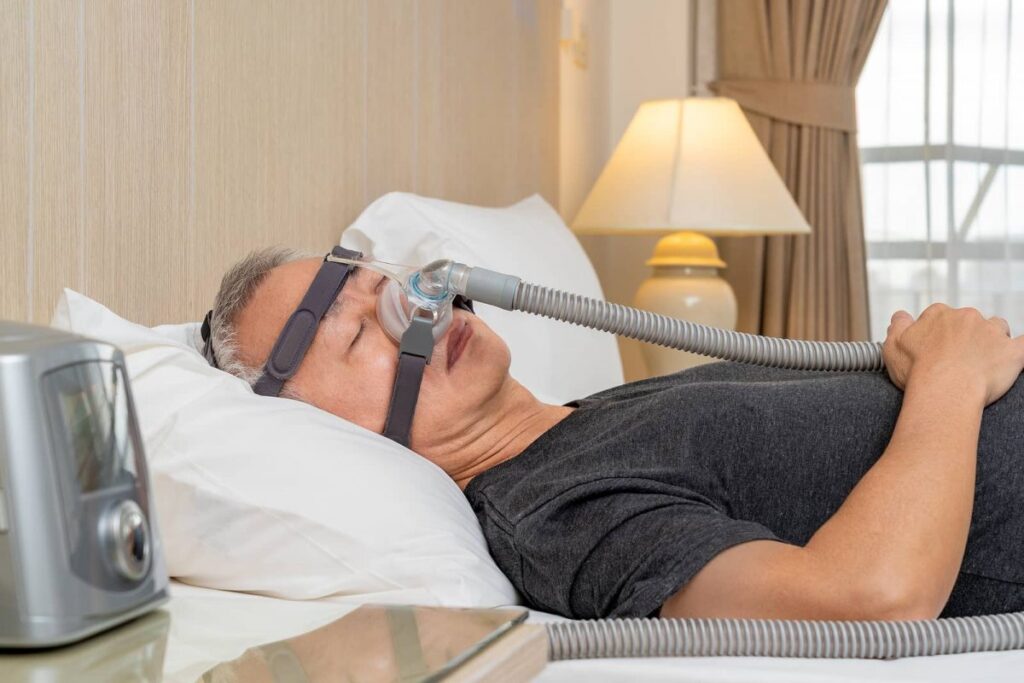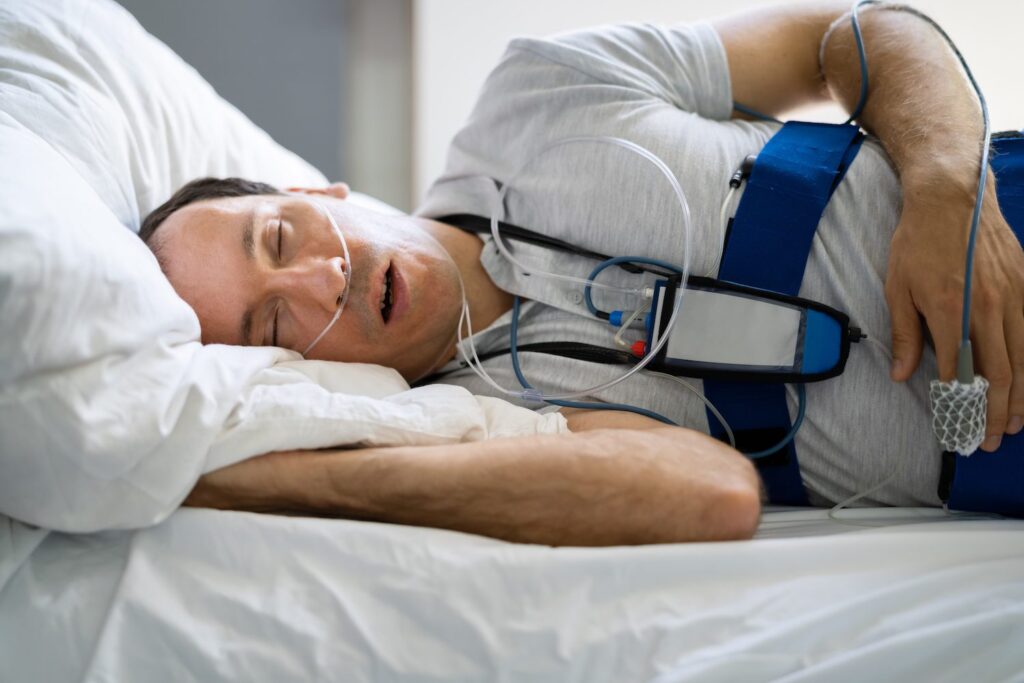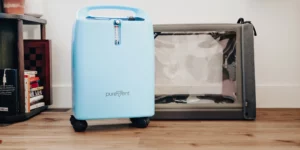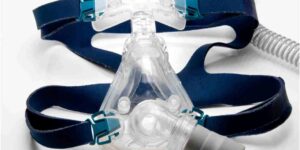Introduction: When Sleep Isn’t Restful
Sleep is supposed to recharge your body and mind, giving you the energy to power through the day. But for millions of people with sleep apnea, nighttime rest isn’t restorative.
Sleep apnea is a disorder where breathing repeatedly stops and starts during sleep. These pauses can last several seconds or even longer, depriving the body of oxygen and forcing it to repeatedly jolt awake to resume breathing. This disrupts the natural sleep cycle, leaving you exhausted the next day — even if you think you “slept” for 8 hours.
Beyond just feeling tired, sleep apnea can sap your mental sharpness, slow your reaction times, and make it harder to focus. Over time, it can affect your work performance, relationships, and long-term health.
See more: Speech Therapy for Toddlers in the Hills District: Early Support Matters
Causes of Sleep Apnea
Understanding why sleep apnea occurs can help you see why it wreaks such havoc on your daily energy and focus.
1. Obstructive Sleep Apnea (OSA)
The most common type happens when the muscles in the back of your throat relax too much during sleep. This narrows or closes your airway, interrupting breathing.
Risk factors include:
- Excess weight – Fat deposits around the neck and airway can block airflow.
- Anatomy – A small jaw, large tonsils, or a thick neck can contribute.
- Age – Older adults have reduced muscle tone in the airway.
- Gender – Men have a higher risk, though women’s risk increases after menopause.
- Family history – Inherited airway structure can play a role.
2. Central Sleep Apnea (CSA)
In CSA, the airway isn’t blocked — instead, the brain fails to send consistent breathing signals to the muscles. This is less common and often linked to certain heart or neurological conditions.
3. Lifestyle Triggers
Even without structural or neurological issues, certain habits can make sleep apnea worse:
- Alcohol before bed relaxes the throat muscles.
- Smoking irritates and inflames airway tissues.
- Sedative medications deepen muscle relaxation.
- Sleeping on your back can cause the tongue to fall backward.
- Chronic nasal congestion makes breathing harder.
Example:
Marcus, 42, never thought his occasional late-night drinks and back-sleeping habit were a big deal. But combined with a 20-pound weight gain, they tipped the scale toward moderate sleep apnea.
Symptoms: More Than Just Snoring
People often think of sleep apnea as simply loud snoring. While snoring is a hallmark sign, there are many other symptoms — some obvious, others more subtle.
Obvious Symptoms
- Loud, persistent snoring (often noticed by a partner)
- Breathing pauses followed by choking or gasping
- Waking up frequently throughout the night
- Morning headaches
- Waking with a dry mouth or sore throat
Subtle Signs That Affect Energy and Focus
- Daytime fatigue – No matter how much you “sleep,” you wake up exhausted.
- Brain fog – Difficulty concentrating, slow thinking, or forgetfulness.
- Mood changes – Irritability, anxiety, or depression.
- Poor work performance – Making mistakes, losing track of tasks, or needing extra caffeine just to function.
- Microsleeps – Brief moments of unintended sleep during activities like reading or watching TV.
Scenario:
Janet, a 35-year-old teacher, didn’t think she had a sleep problem. She didn’t snore loudly, but she noticed she was snapping at her students, forgetting lesson plans, and drinking three cups of coffee before noon. A sleep study revealed mild sleep apnea was disrupting her deep sleep stages — the very stages essential for mental clarity.
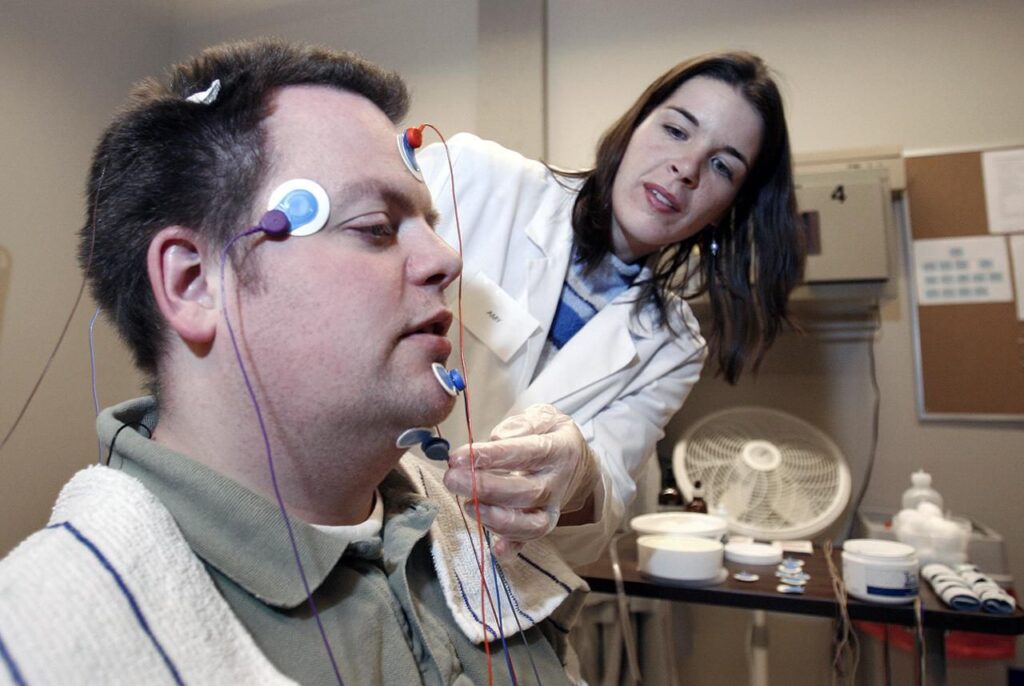
Why Sleep Apnea Steals Your Energy and Focus
When you have sleep apnea, your body keeps being pulled out of deep, restorative sleep. These frequent interruptions prevent you from getting enough slow-wave sleep (important for physical recovery) and REM sleep (important for brain function and memory).
The result?
- Your body feels sluggish because it hasn’t repaired itself overnight.
- Your brain struggles to process information and regulate emotions.
- Your mood dips because the lack of quality sleep disrupts hormone balance, including cortisol and serotonin levels.
Long-term sleep disruption has been linked to reduced attention span, impaired decision-making, and even a higher risk of accidents at work or while driving.
Treatment Options: Restoring Energy and Clarity
The good news is that with the right treatment, most people see a huge improvement in daytime energy, mood, and focus.
1. CPAP Therapy
The gold standard for moderate to severe OSA. A Continuous Positive Airway Pressure machine delivers steady air pressure through a mask to keep your airway open.
Pros:
- Highly effective at preventing apnea events.
- Improves energy and alertness within days or weeks.
Cons:
- Can feel uncomfortable at first.
- Requires cleaning and nightly use.
2. Oral Appliance Therapy
A custom-made device from a dentist that repositions the jaw or tongue to keep the airway open.
Best for:
- Mild to moderate OSA.
- People who can’t tolerate CPAP.
Pros: Small, portable, and doesn’t require electricity.
Cons: May cause jaw soreness or tooth movement over time.
3. Lifestyle Changes
For some, lifestyle adjustments can make a huge difference — especially when combined with other treatments.
Key changes include:
- Weight loss – Reduces pressure on the airway.
- Limiting alcohol – Especially in the hours before bed.
- Quitting smoking – Decreases airway inflammation.
- Side sleeping – Prevents airway collapse.
- Treating allergies – Improves nasal airflow.
4. Positional Therapy
Devices like special pillows or wearable sensors can help you stay on your side during sleep if back-sleeping worsens your apnea.
5. Surgery
If structural problems like enlarged tonsils or a deviated septum are to blame, surgical intervention may be an option.
Common procedures include:
- Uvulopalatopharyngoplasty (UPPP) – Removes excess throat tissue.
- Jaw advancement surgery – Creates more space in the airway.
- Nasal surgery – Improves airflow.
6. Myofunctional Therapy
Exercises for the tongue and throat muscles can strengthen the airway, reducing collapses during sleep. These are especially useful in mild cases or as a complementary treatment.
Regaining Daytime Energy: What to Expect After Treatment
Once sleep apnea is treated, most people notice:
- More consistent energy throughout the day.
- Better focus and sharper thinking.
- Improved mood and reduced irritability.
- Decreased reliance on caffeine to stay awake.
- Safer driving and work performance thanks to fewer lapses in attention.
Example:
After starting CPAP, Greg found he could get through his workday without needing a nap in his car during lunch breaks. His boss even commented on his improved productivity and attention to detail.
Conclusion: Don’t Ignore the Warning Signs
Sleep apnea isn’t just about snoring — it’s a condition that can rob you of energy, mental sharpness, and even safety during the day. If you notice unexplained fatigue, brain fog, or trouble focusing, it may be your body’s way of saying you’re not getting the restorative sleep you need.
The first step is talking to a healthcare provider or sleep specialist. With proper diagnosis and treatment, you can reclaim your energy, improve your focus, and protect your long-term health.
A good night’s sleep is not a luxury — it’s a necessity for a vibrant, productive life.

